Is Muesli the Same as Granola?
Muesli and granola are popular breakfast choices that are often confused for one another, but they have distinct differences that set them apart. While both are made from whole grains, nuts, and dried fruits, their preparation methods, taste, and nutritional profiles differ. Understanding these differences can help you make an informed choice for your diet. In this blog, we'll explore the unique characteristics of muesli and granola, highlight their benefits, and provide some simple recipes to try at home.
What is Muesli?
Definition and Origin
Muesli is a traditional European breakfast dish that originated in Switzerland in the early 20th century. Developed by Swiss physician Dr. Maximilian Bircher-Brenner as a health food, muesli was initially served to patients in his hospital. It consists of raw, uncooked ingredients, primarily rolled oats, dried fruits, nuts, and seeds, making it a wholesome and nutritious option.
Typical Ingredients
- Rolled oats (whole grain)
- Dried fruits such as raisins, apricots, or dates
- Nuts and seeds like almonds, walnuts, and sunflower seeds
- Optional additions include fresh fruits, yogurt, or milk
Nutritional Profile
Muesli is rich in dietary fiber, vitamins, and minerals due to its unprocessed ingredients. It is typically low in sugar, especially when compared to granola, and can be a great choice for those looking for a nutritious and less calorie-dense breakfast.
Common Ways to Serve or Enjoy Muesli
Muesli can be enjoyed in a variety of ways:
- Cold with milk or yogurt: Simply pour cold milk or a dairy-free alternative over muesli and let it soak for a few minutes.
- Overnight soaked muesli: Combine muesli with milk or yogurt and refrigerate overnight for a softer texture.
- Cooked as a warm cereal: Heat muesli with milk or water for a hot, comforting breakfast.
What is Granola?
Definition and Origin
Granola is an American breakfast food that became popular in the late 19th century. Unlike muesli, granola is baked and often contains added sweeteners, such as honey or maple syrup, to bind the ingredients together. It is known for its crunchy texture and sweet, toasted flavour.
Typical Ingredients
- Rolled oats
- Nuts such as almonds or pecans
- Seeds like chia or pumpkin seeds
- Sweeteners such as honey, maple syrup, or brown sugar
- Dried fruits like cranberries or coconut flakes
- Additional flavors, including chocolate chips or spices like cinnamon
Nutritional Profile
Granola is typically higher in calories and sugar than muesli due to the addition of sweeteners and oils used in baking. However, it is still a great source of fiber, healthy fats, and protein from the nuts, seeds, and oats. Modern brands like Cocosutra make granola with all these benefits but with very low sugar content.
Common Ways to Serve or Enjoy Granola
Granola is versatile and can be enjoyed in multiple ways:
- With milk or yogurt: Add granola as a topping to yogurt or serve it with milk for a crunchy breakfast.
- Smoothie bowls: Sprinkle granola over a smoothie bowl for added texture and flavour.
- On-the-go snack: Enjoy granola as a convenient, portable snack.
Key Differences Between Muesli and Granola
Preparation Methods (Raw vs. Baked)
The main difference lies in how they are prepared. Muesli is typically consumed raw, while granola is baked, giving it a crunchy texture. Granola's baking process involves the addition of oils and sweeteners, which contribute to its crispness and sweetness.
Texture and Taste Variations
Muesli has a chewy, soft texture due to its raw ingredients and is less sweet unless extra fruits or sweeteners are added. Granola, on the other hand, has a crunchier texture and a richer, toasted flavor because of the baking process.
Sugar Content and Additives
Granola usually contains more sugar because of added sweeteners, making it more calorie-dense than muesli. Muesli is generally free from added sugars unless sweetened dried fruits or extra sugar is included. You should check the nutrition table as these days sugars are added to mueslis and many brands like cocosutra make healthy low sugar granolas.
Health Considerations
For those who prefer a low-sugar or less processed breakfast, muesli is often the healthier choice. However, granola can still be nutritious if made with minimal sweeteners and healthy fats. Reading the label or making your own can help you control the sugar content.
Similarities Between Muesli and Granola
Nutritional Benefits (Fiber, Whole Grains, etc.)
Both muesli and granola offer excellent sources of dietary fiber, vitamins, minerals, and healthy fats due to their base ingredients of oats, nuts, and seeds. This makes them great options for promoting digestive health and providing sustained energy.
Versatility in Meals and Snacks
Both can be enjoyed in a variety of ways, from breakfast bowls to snack bars. You can customize either to suit your preferences by adding different nuts, seeds, fruits, or flavors.
Popular Recipes
Simple Muesli Recipe
Ingredients:
- 1 cup rolled oats
- 1/4 cup dried fruits (raisins, dates, or apricots)
- 1/4 cup nuts (almonds, walnuts, or hazelnuts)
- 2 tablespoons seeds (chia or sunflower seeds)
Instructions:
- Mix all ingredients in a bowl.
- Serve with milk, yogurt, or soak overnight for a softer texture.
Simple Granola Recipe
Ingredients:
- 2 cups rolled oats
- 1/2 cup nuts (pecans, almonds)
- 1/4 cup seeds (pumpkin, chia)
- 1/4 cup dried fruits (coconut flakes, cranberries)
- 3 tablespoons honey or maple syrup
- 2 tablespoons coconut oil
- 1 teaspoon vanilla extract
Instructions:
- Preheat the oven to 325°F (160°C).
- Mix oats, nuts, seeds, honey, coconut oil, and vanilla in a bowl.
- Spread the mixture on a baking sheet and bake for 20-25 minutes, stirring occasionally.
- Let it cool and mix in the dried fruits.
Variations and Customizations for Each
- Add dark chocolate chunks to granola for a treat.
- Mix fresh fruits into muesli for added natural sweetness.
- For granola, experiment with spices like cinnamon, nutmeg, or cocoa powder.
Conclusion
Muesli and granola, while similar in some respects, have distinct differences that set them apart. Muesli is raw, chewy, and typically lower in sugar, making it an ideal choice for a light breakfast. Granola is baked, crunchy, and more indulgent due to added sweeteners, making it suitable for those who enjoy a heartier start to their day. Choose muesli if you prefer less processed foods, or opt for granola when you're craving a crunchy, flavorful experience.
Need help?
Frequently Asked Questions
Both should be stored in an airtight container in a cool, dry place. Granola will stay fresh for 2-3 weeks, while muesli can last up to a month.
For those who prefer the convenience of ready-to-eat options, explore Cocosutra's range of granola offerings, including flavors like Dark Chocolate & Cranberry and Almond & Coconut. Made with wholesome ingredients and no artificial additives, Cocosutra's granola is perfect for breakfast or as an on-the-go snack.

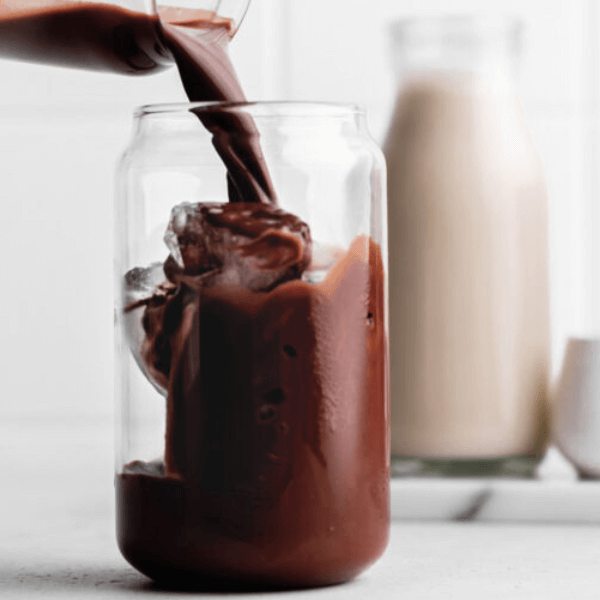
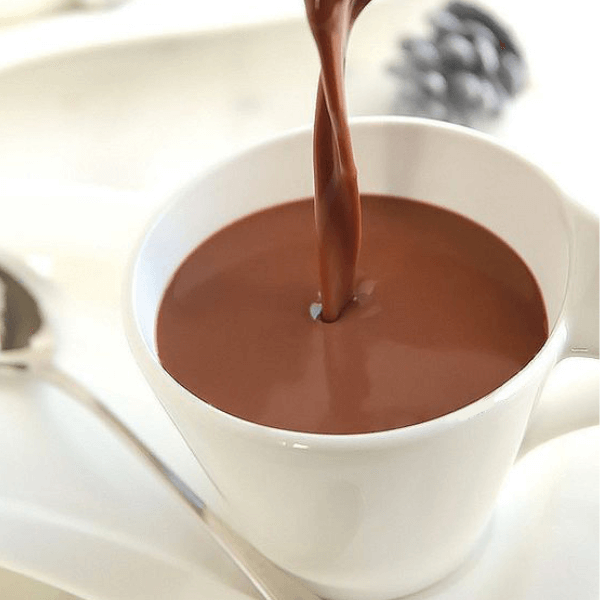
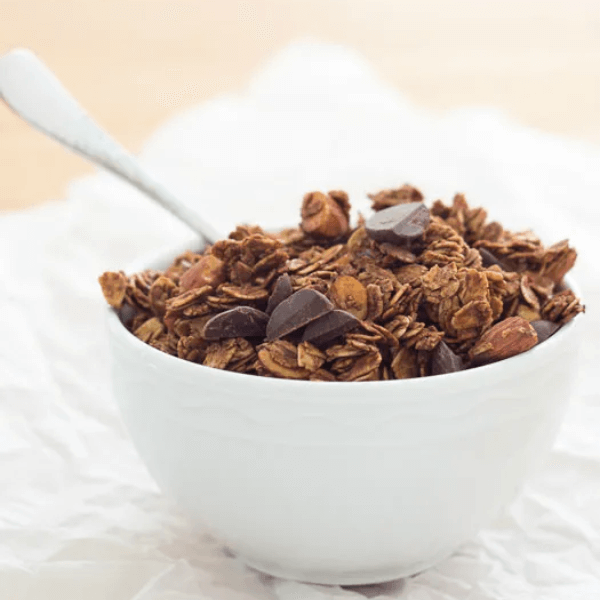

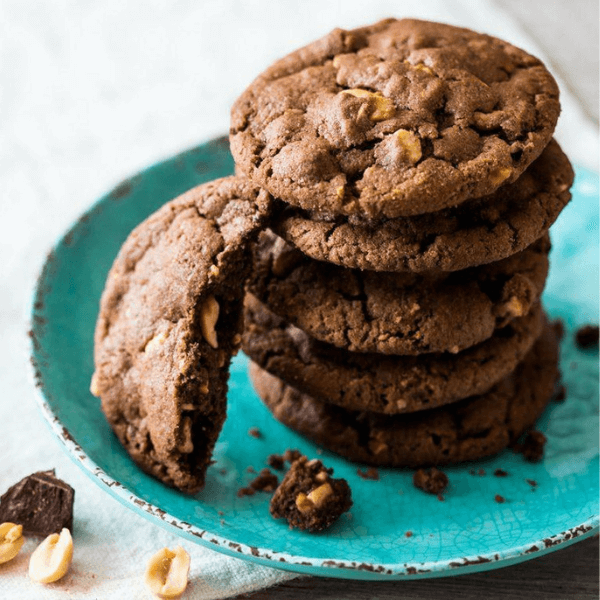

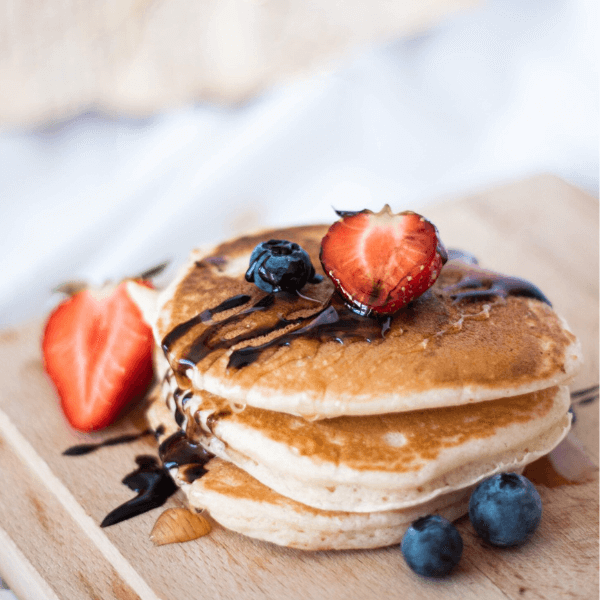





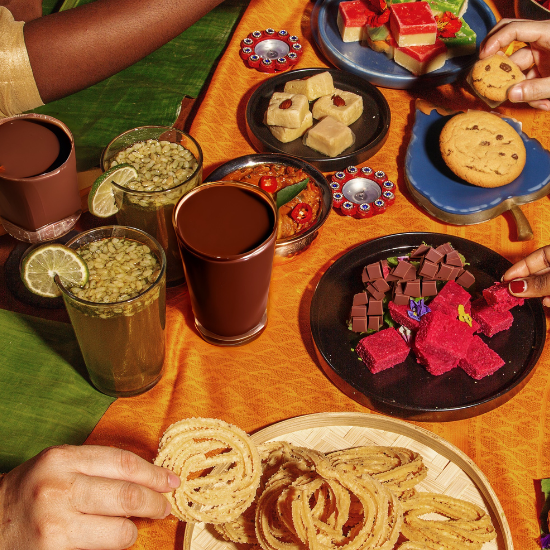


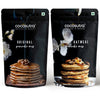 Someone viewed Pancake Mix Combo | Original & Millet Oatmeal | 300 g each. 7 mins ago
Someone viewed Pancake Mix Combo | Original & Millet Oatmeal | 300 g each. 7 mins ago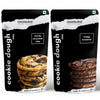 Someone viewed Cookie Dough Mix Combo Pack | Chunky Chocolate Chip & Fudgy Brownie | 220g Each. 15 mins ago
Someone viewed Cookie Dough Mix Combo Pack | Chunky Chocolate Chip & Fudgy Brownie | 220g Each. 15 mins ago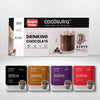 Someone purchased Sugar-Free Drinking Chocolate Box. 6 mins ago
Someone purchased Sugar-Free Drinking Chocolate Box. 6 mins ago Someone viewed Hot Chocolate Box. 4 mins ago
Someone viewed Hot Chocolate Box. 4 mins ago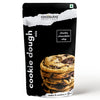 Someone viewed Chunky Chocolate Chip Cookie Dough Mix | 220 g. 19 mins ago
Someone viewed Chunky Chocolate Chip Cookie Dough Mix | 220 g. 19 mins ago